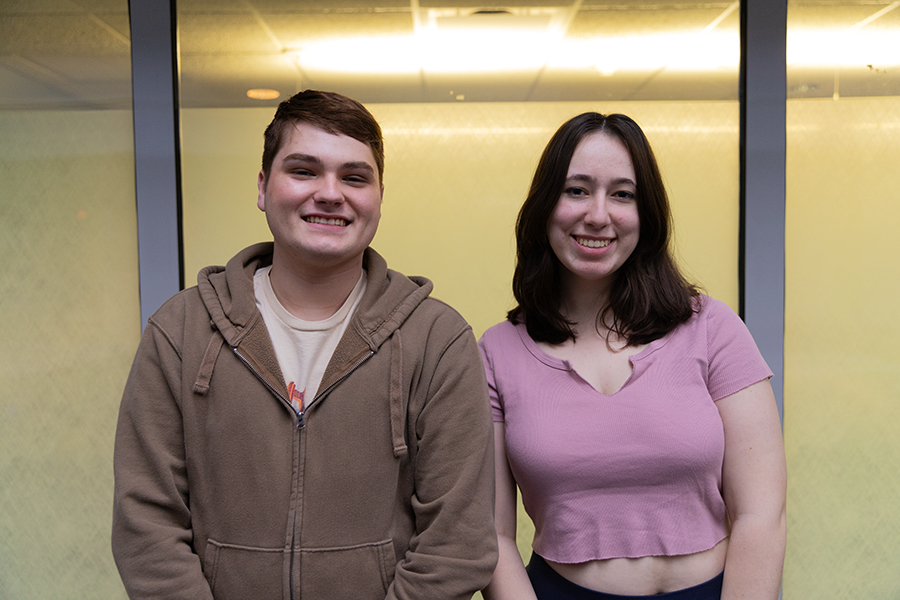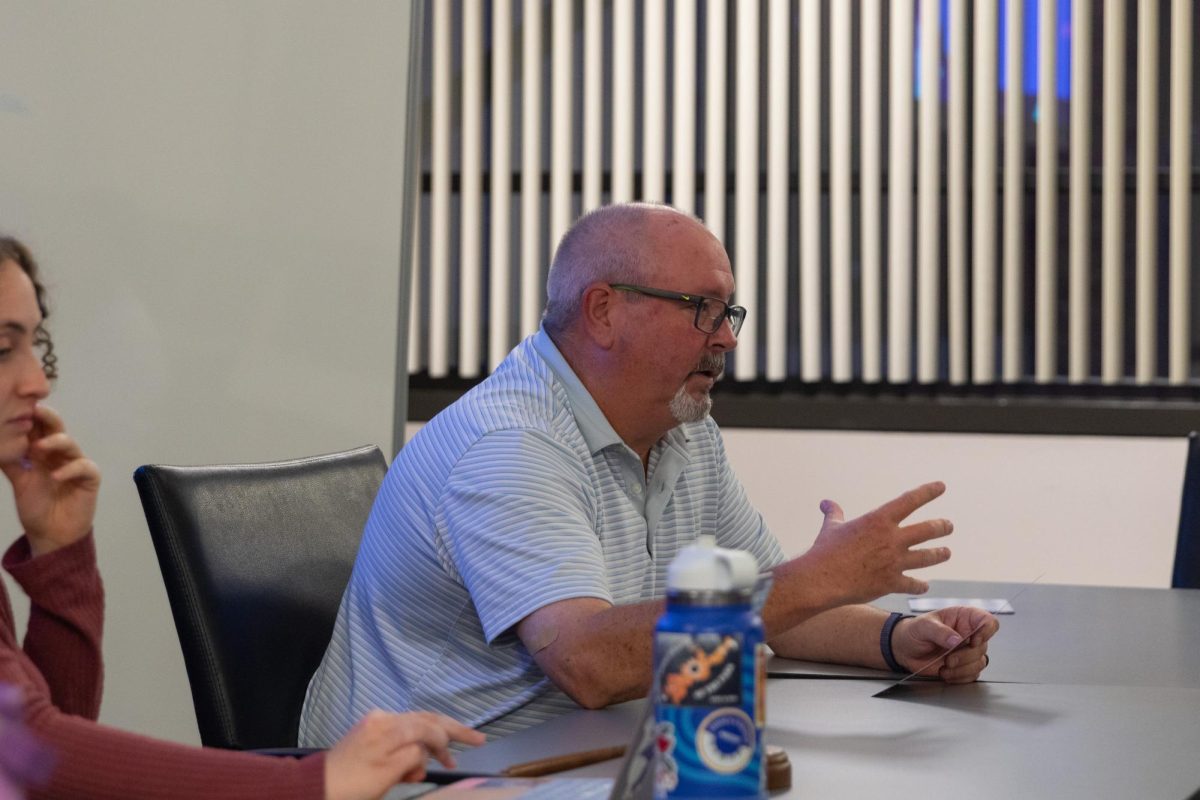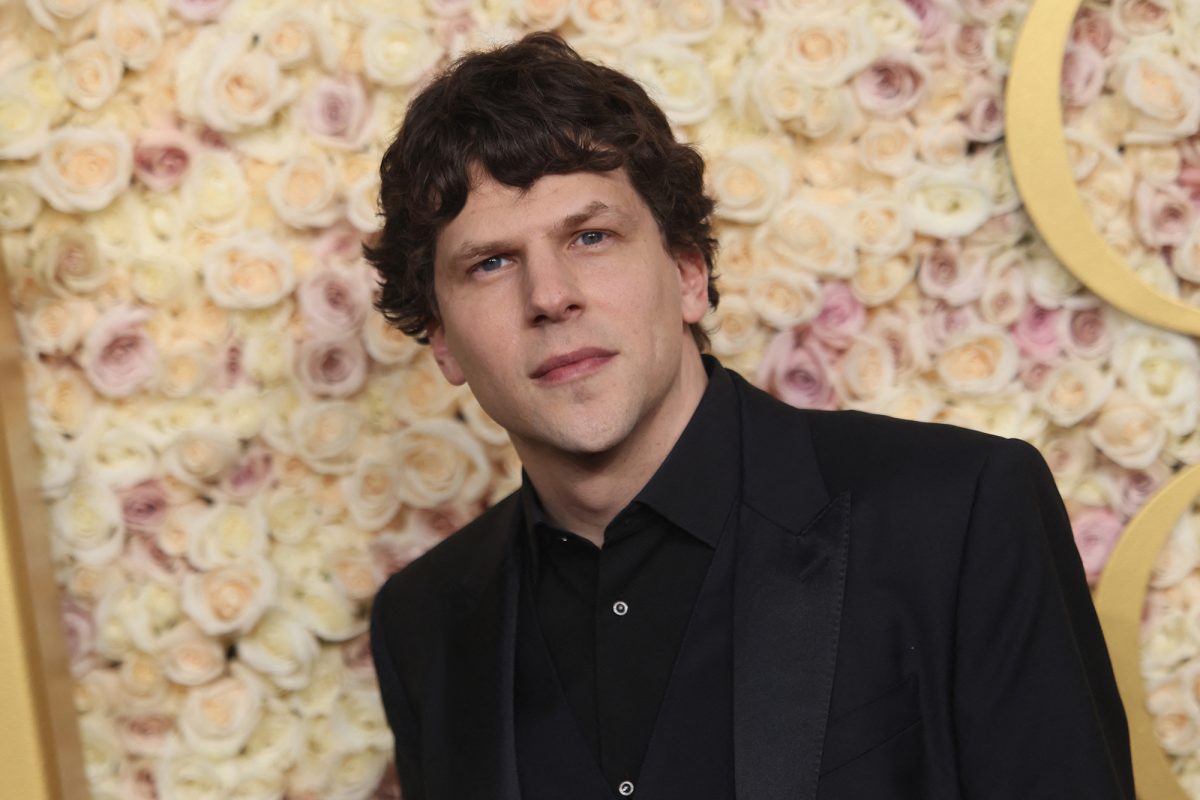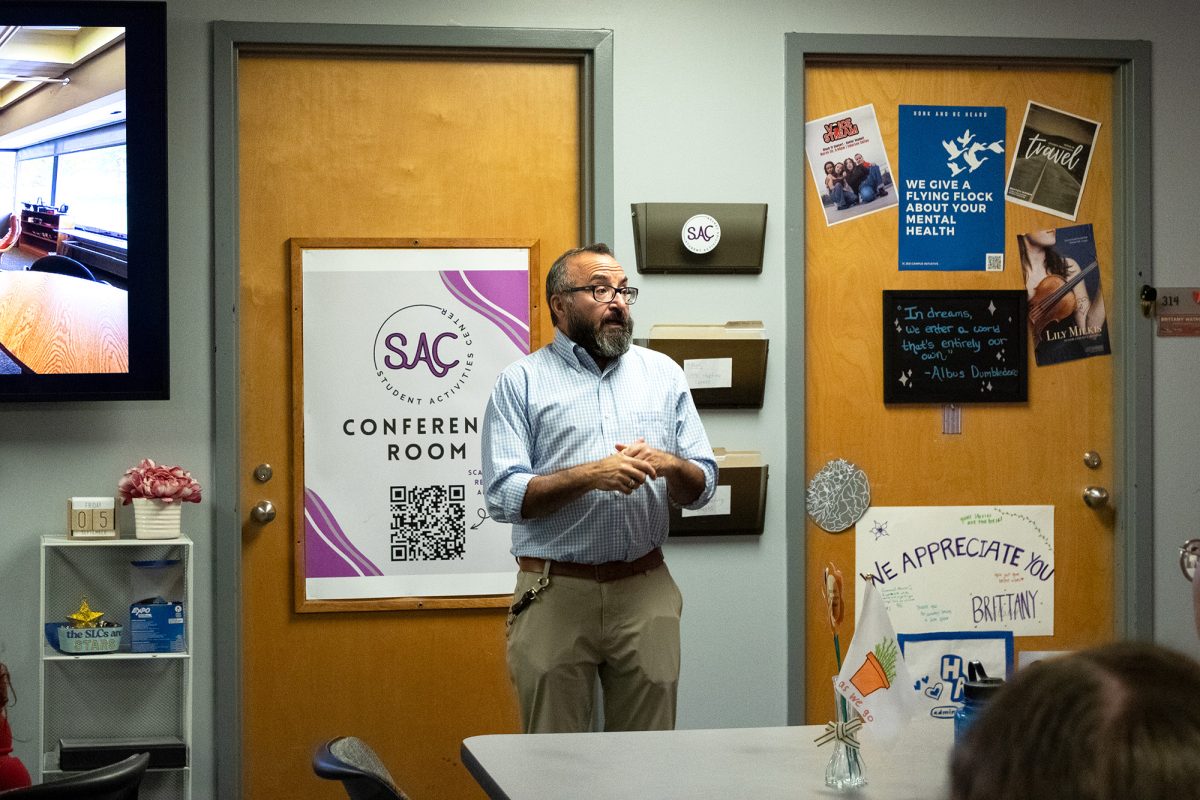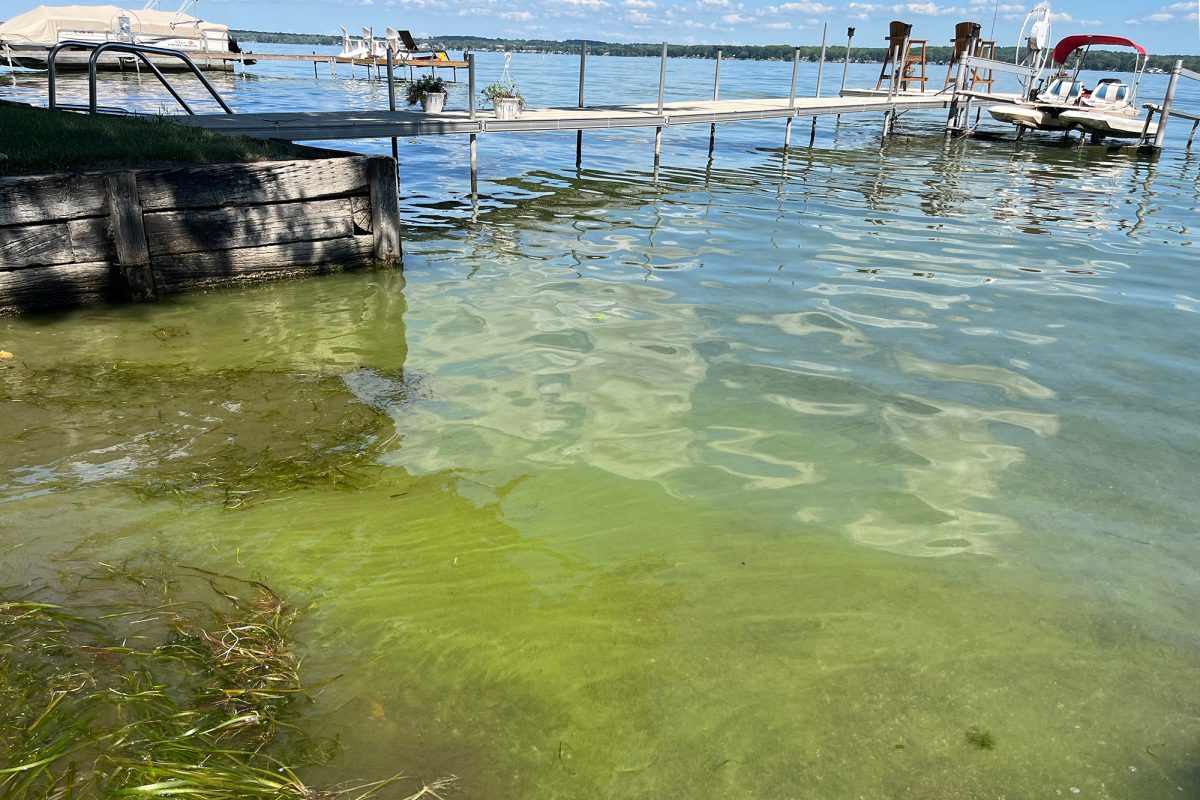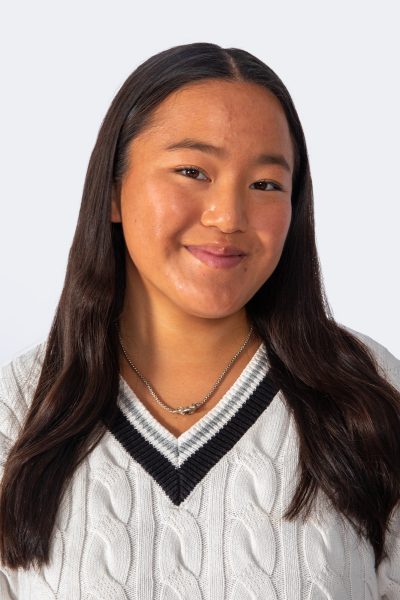Ithaca College Students Against Destructive Decisions (SADD) is a student-led outreach club that focuses on traffic safety, substance abuse prevention, decision making and personal health and wellness. It is the first college chapter in New York state to be officially registered with the national organization.
The new student organization started in Fall 2023 and was founded by first-year student Louis Pratt, president of IC SADD, who also serves as the national leadership council president of SADD and serves on the National Board of Directors. The organization is a national nonprofit dedicated to student safety and wellness of students with 8,000 total chapters of middle schools, high schools and some colleges.
Pratt said he decided to start a chapter at the college after finding out there were no chapters established in any New York state colleges.
“SADD in a college setting is different than in high school because you are considering people who are of age, so how do you do that responsibly?” Pratt said. “And that was something I really wanted to explore. Also, Ithaca is very diverse … and they have so much passion. So one of the goals was to make this a passion project.”
Pratt said that before he moved onto campus in the fall, he knew he wanted to start a chapter at Ithaca College.
“A couple days before moving in, I emailed asking people how I could make this happen,” Pratt said. “I was led to the Office of Student Engagement where I met one of their student leadership consultants. And I had to pitch my idea of why we should have a SADD chapter. The next step was recruiting 10 members, four officers and one adviser.”
Michelle Goode, program director at the Center for Health Promotion and adviser of IC SADD, said the process of getting IC SADD registered with SADD nationally and recognized on campus was led by the passion from the students.
“I will take little to no credit because I think Louis [Pratt] is a wonderful force and really brought a lot of passion and excitement, and then it became infectious,” Goode said. “That is why so many other students got involved. I think very rarely do you see student organizations that are formed by primarily first-year students in their first semester on campus. … It took a lot of organization and dedication.”
Goode said the students forming IC SADD were guided by SADD’s national organization on how to transfer SADD to a college setting. It also took working closely with the Office of Student Engagement to go through the process on how to register a student organization. For example, creating the policies of the group, forming the mission, the vision, the values and having the leadership in the organization go through student leadership training.
Goode said that having IC SADD on campus allows information to be more powerful to students when it comes from a peer.
“Peer-to-peer interactions are really important,” Goode said. “I think it’s really powerful to have students on campus who are excited and informed about these topics, and are trying to set up positive norms in the community. There are definitely other organizations on campus doing amazing work, but I think IC SADD is the first one that is talking about alcohol and substance use safety in a really proactive and preventative way.”
IC SADD was officially recognized Feb. 28 by the Office of Student Engagement. Pratt said IC SADD bases the campaigns and events they do on different topics and occurrences, like awareness months, found on the SADD national mobilization calendar.
Pratt said the club combines research facts and tips about a certain issue for a campaign, which includes the resources that are available on campus. Pratt said the campaigns typically promote these resources through social media and posters and that campaigns work to engage students to get involved, while also learning something they might not have known before.
First-year student Emma Wusinich, secretary of IC SADD, said she joined the college’s chapter because of the community within the club and the emphasis on peer outreach and leadership.
“I really liked to be very involved in the things I do,” Wusinich said. “When I’m in it, I like to be really in it. As secretary, I am able to really get to know everyone and help make things actually happen in the planning process in the way that I might envision it, not just helping out when things have already been planned. We are also the age of the people who we are targeting, and we try to do it in a fun and approachable way.”
Wusinich said the club does different events to raise awareness and get people connected, for example the Candy and Connections tabling event held on April 4. Wusinich said the event included Connect 4 and fun questions to start conversations to get people involved and off their phones.
First-year student Sabrina Linsley, vice president of IC SADD, said she joined the club because she wanted to find a positive community that would also foster collaboration.
“In terms of my goals personally, I want to see IC SADD as a safe place blossoming into something that is really fun that anyone can get involved in,” Linsley said. “I’m mostly just another part of the conversation, thinking of different ideas or contests we can do, helping out with tabling. Even if there is a particular issue or topic that people feel strongly about, they can come and help out and feel passionate in this community.”
Pratt said IC SADD works best when collaboration is involved. He said that is what makes it a place for everyone.
“We definitely want to get some new people here and start establishing a flow of how our group should work … to make it all intertwine with each other and be a very collaborative space,” Pratt said. “We try to help everyone. So if you really liked planning events, you’re going to get some experience in event planning. Or if you really want to do social media, there’s public social media you can get involved in. So the goal is to be a leader, wherever you want to see yourself as one.”
Pratt said one of the next goals he has for IC SADD is to have some more partnerships on campus and the greater Ithaca community, like with the Office of Public Safety or the Safety Coalition.
“One of the big things about prevention work is there’s so many different people doing stuff,” Pratt said. “Even in the community there’s a bunch of different organizations. So it’s figuring out how to collaborate with people on and off campus because we’re really all working toward the same thing.”


